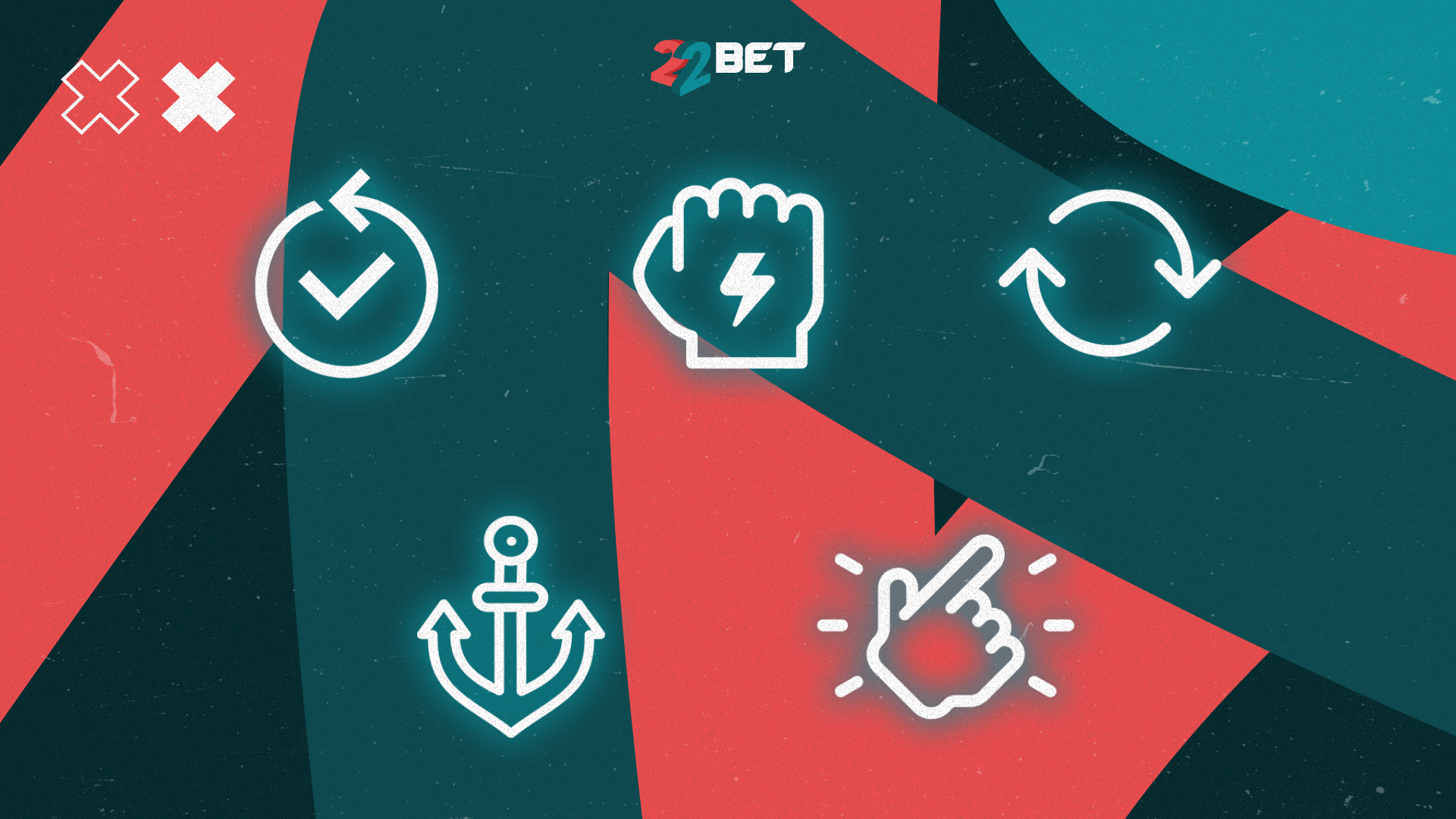The Psychology of Sports Betting: Understanding Cognitive Biases
Betting on sports and playing casino games have become popular pastimes for many enthusiasts around the globe. However, despite the thrill and excitement, many bettors often fall prey to predictable mistakes rooted in human psychology. Understanding these common cognitive biases can empower gamblers to make smarter, more informed decisions. This guide delves into the key biases that influence judgment and decision-making in sports betting.
What Are Cognitive Biases?
Cognitive biases are mental shortcuts that our brains use to process information quickly. While these shortcuts can be helpful in everyday life, they can lead to errors in judgment, especially in high-stakes situations like gambling. Influenced by social pressures, emotions, and past experiences, cognitive biases can significantly affect decision-making. In the context of sports betting, where rationality is crucial, these biases can lead to poor choices and financial losses.
Common Cognitive Biases in Sports Betting
Understanding the various cognitive biases that can impact sports betting is essential for developing a successful betting strategy. Here are some of the most prevalent biases:
Confirmation Bias
Confirmation bias occurs when bettors focus on information that supports their existing beliefs while ignoring contradictory evidence. For instance, a bettor might only consider statistics that favor their prediction about a team’s performance, disregarding any negative indicators. This selective attention can lead to misguided bets and missed opportunities.
Overconfidence Bias
Overconfidence bias manifests when bettors become overly sure of their predictions, often leading to larger, riskier bets. For example, a bettor might place a hefty wager on a favorite team, convinced of their victory despite recent poor performances. To combat this bias, it’s crucial to learn from past mistakes and adjust future betting strategies based on objective analysis rather than blind optimism.
Gambler’s Fallacy
The gambler’s fallacy is the erroneous belief that past random events influence future outcomes. Bettors may assume that a team that has lost several games in a row is "due" for a win, prompting them to place larger bets on the next game. This fallacy ignores the fact that each game is an independent event, and such thinking can lead to significant losses.
Anchoring and Adjustment Bias
Anchoring bias occurs when bettors give disproportionate weight to the first piece of information they encounter. For example, if a bettor sees initial odds for a game, they may base their betting decision solely on those odds, ignoring subsequent updates or analyses that could provide a clearer picture of the situation.
Availability Heuristic
The availability heuristic leads individuals to believe that events are more likely to occur if they can easily recall similar instances. For instance, if a bettor recently witnessed a surprising upset, they might overestimate the likelihood of similar outcomes in future games, leading to ill-informed betting decisions.
Illusion of Control
Many sports bettors believe they can influence the outcome of a game through their knowledge and analysis. This illusion of control can lead to overestimating their ability to predict outcomes, causing them to make riskier bets based on the false assumption that they have an edge.
Media Implicit Bias
Media bias can shape perceptions of teams and players, often favoring well-known athletes or teams over less popular ones. This bias can skew bettors’ judgments, leading them to place bets based on media narratives rather than objective analysis.
How Cognitive Biases Affect Sports Betting Decisions
Cognitive biases can severely distort a bettor’s perception of risk and reward. For example, overconfidence may lead a bettor to underestimate the likelihood of losing, resulting in riskier wagers. Similarly, confirmation bias can cause bettors to ignore critical information that contradicts their beliefs, leading to decisions based on incomplete data.
Moreover, biases can drive emotional betting rather than logical decision-making. A bettor experiencing near-miss bias may continue to wager after a close loss, motivated by the emotional high of almost winning rather than a rational assessment of the odds.
Managing Cognitive Biases in Gambling
To effectively manage cognitive biases, bettors can adopt several strategies:
-
Education and Awareness: Understanding cognitive biases and their effects on decision-making is the first step in mitigating their impact.
-
Structured Betting Strategies: Developing a betting strategy based on objective criteria can help reduce emotional decision-making.
-
Regular Reflection: Reviewing past betting decisions can help identify patterns and biases, allowing for continuous improvement.
- Tools and Technologies: Utilizing data-driven tools and technologies can provide objective insights, reducing reliance on subjective assessments.
Practical Tips for Avoiding Cognitive Biases
Avoiding cognitive biases requires conscious effort and strategic approaches. Here are some practical tips:
Self-Awareness and Reflection
Maintaining self-awareness is crucial for recognizing personal biases. Keeping a detailed record of bets, thoughts, and outcomes can help identify patterns and areas for improvement.
Using Data and Research
Basing betting decisions on thorough research and objective data is essential. Utilizing statistical tools to analyze trends and probabilities can provide a solid foundation for betting strategies.
Seeking Professional Advice
Engaging with proficient bettors or analysts can offer valuable insights. Joining communities and forums where experienced bettors share strategies can broaden perspectives and challenge existing biases.
Conclusion
Cognitive biases significantly influence how bettors make decisions, often leading to misunderstandings and financial losses. By recognizing these biases and employing strategies to mitigate their effects, bettors can enhance their decision-making processes. While it’s impossible to eliminate cognitive biases entirely, awareness and structured approaches can lead to more rational choices and ultimately improve the betting experience.
